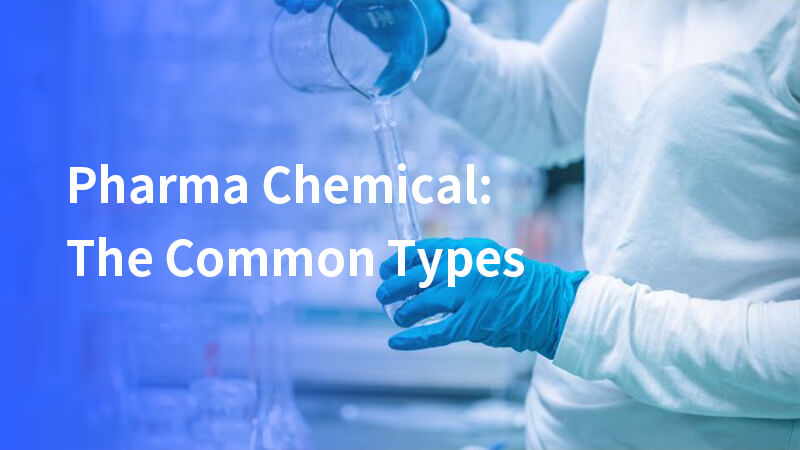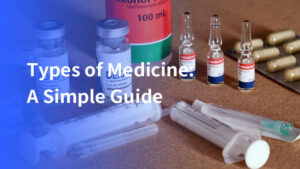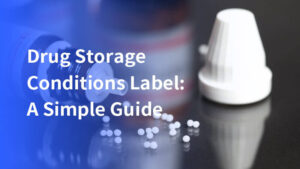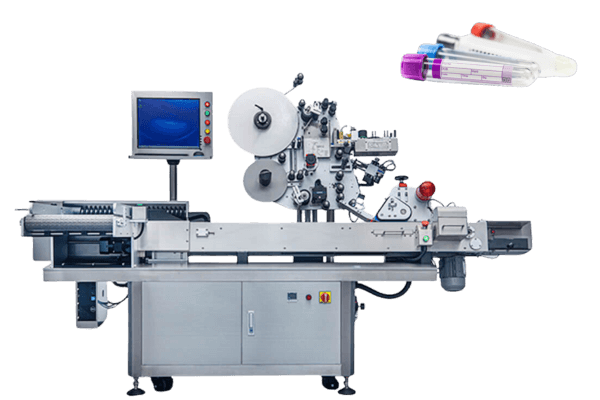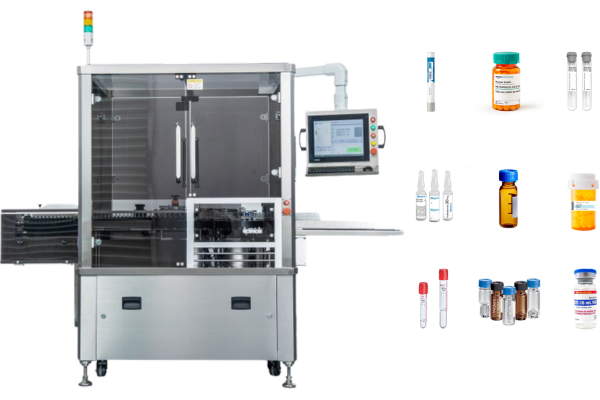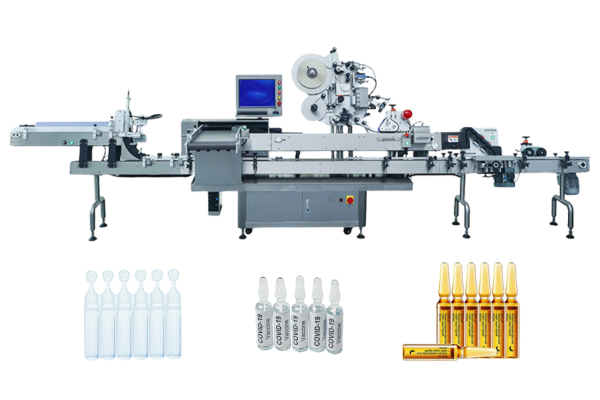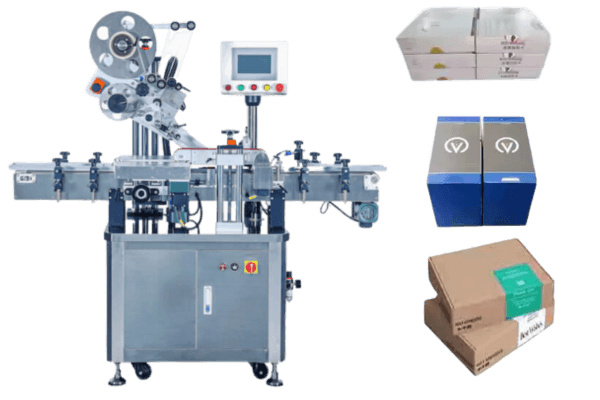Pharma chemical applications span a broad spectrum, encompassing both organic and inorganic substances essential to the pharmaceutical industry. From hydrochloric acid to diethyl ether, various types of chemicals are utilized. Some serve as solvents or reagents, while others function as catalysts or active ingredients.
These chemical compounds are indispensable in the manufacture of a diverse array of pharmaceutical products, including medicines, topical ointments, vaccines, food supplements, and specialized infant milk formulations. Despite the potential hazards associated with some of these substances, when combined with other chemicals, they play a crucial role in synthesizing a wide range of drugs and medicines.
Continue reading to discover more about the types of chemicals employed in the pharmaceutical industry, the roles they fulfill, and the potential risks they present.
Why are pharma chemicals important in drug production?
There are many different reasons why pharma chemicals are important in drug production. Clinical trials play a crucial role in ensuring the safety and efficacy of pharmaceutical products. Medicines and other pharmaceutical products are often chemicals derived from other substances or homogeneous mixtures.
The specific mode of delivery varies depending on the particular product. For example, topical medications, such as antifungal ointments, are applied directly to the skin, while injectable medicines like insulin are administered directly into the bloodstream. Some medications can even be delivered as delayed dosages via computerized injections.
However, the oral route remains the most common method of delivery. Pharmaceutical drugs designed for oral consumption are typically packaged as tablets or powders in water-soluble capsules. Other oral medications may be presented as liquids or water suspensions.
Commonly used chemicals in the pharmaceutical industry
The most frequently utilized chemicals in the pharmaceutical industry include acetone, hydrochloric acid, acetic anhydride, benzyl chloride, and diethyl ether. Contract Development Manufacturing Organizations (CDMOs) play a crucial role in facilitating the production and development of pharmaceutical products. These substances serve various roles, such as active ingredients, solvents, precursors, or reagents, essential for the production and development of pharmaceutical products.
Hydrochloric acid
Naturally produced by the stomach, hydrochloric acid (HCl) is a strong acid that helps to break down food and aid digestion. It’s produced industrially in several ways:
- Through the chlorination of organic chemicals: Organic compounds are treated with chlorine, resulting in the release of HCl.
- By combining hydrogen and chlorine: Hydrogen gas reacts with chlorine gas, typically in the presence of UV light, to form HCl gas.
- Via the salt-sulphuric acid production process: Sodium chloride reacts with sulfuric acid, generating hydrochloric acid and sodium sulfate.
- As a co-product in silica manufacturing: hydrochloric acid is formed during the production of silica from silicon-containing materials.
Hydrochloric acid is primarily used to control the pH of pharmaceutical products and to adjust the pH levels of injections and ophthalmic solutions.
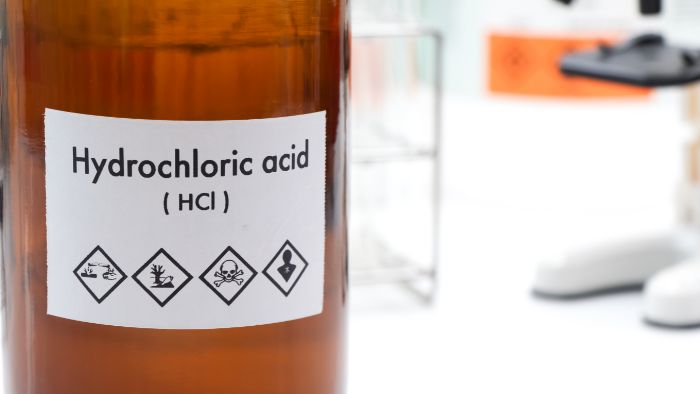
Acetone
Acetone is the simplest type of ketone with the chemical formula (CH₃)₂CO. This colorless, highly volatile liquid has a characteristic pungent smell. It’s commonly used as an organic solvent in many pharmaceutical manufacturing processes due to its excellent ability to dissolve a wide range of compounds, facilitating various stages of drug synthesis and formulation.
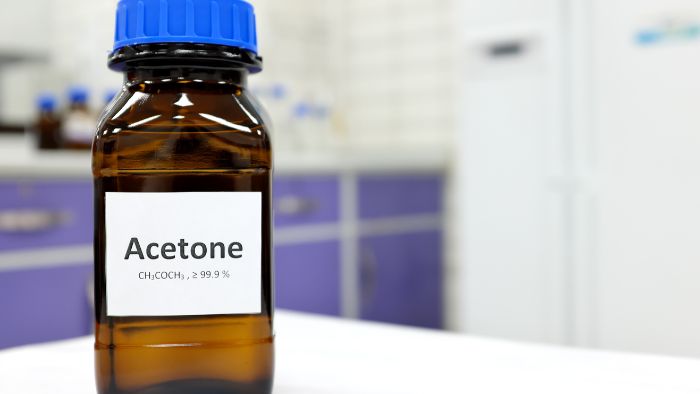
Acetic Anhydride
Acetic anhydride, also known as ethanoic anhydride, has the chemical formula (CH₃CO)₂O. This versatile chemical is primarily used as a raw material in the manufacture of medicines such as aspirin and acetaminophen, playing a crucial role in the acetylation process that modifies active pharmaceutical ingredients.
Benzyl Chloride
Benzyl chloride (C₆H₅CH₂Cl) has a wide range of applications in pharmaceuticals. It’s used in the manufacture of various products, including plasticizers, sanitizing agents, biocides, benzyl alcohol, and other compounds. Its reactivity makes it a valuable intermediate in the synthesis of many active pharmaceutical ingredients.
Diethyl Ether
Diethyl ether is an organic compound with the chemical formula (CH₃CH₂)₂O or (C₂H₅)₂O. In pharmaceuticals, it’s typically used as a reagent and a solvent. It’s also utilized in medicine as an anesthetic, providing essential functions in both laboratory and clinical settings.
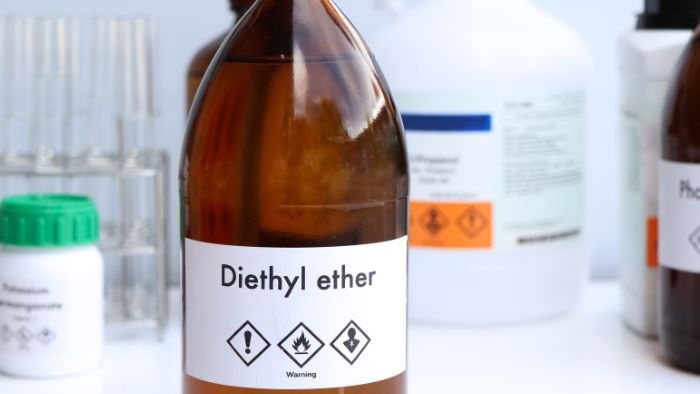
Introducing common chemicals one by one may be a bit tiring for your eyes, so we have specially prepared the following table of common pharmaceutical chemicals for your viewing:
| Chemical | Use |
| Water | Solvent, cleaning agent |
| Ethanol | Solvent, preservative, disinfectant |
| Isopropyl alcohol | Solvent, disinfectant |
| Acetone | Solvent, cleaning agent |
| Hydrochloric acid | Acidic solvent, pH adjuster |
| Sodium hydroxide | Alkaline solvent, pH adjuster |
| Phosphoric acid | Acidic solvent, buffer |
| Citric acid | Acidic solvent, chelating agent |
| Sodium chloride | Main component of saline |
| Sodium gluconate | Excipient for injectable drugs |
| Disodium hydrogen phosphate | Buffer |
| Potassium chloride | Electrolyte replenisher |
| Silica gel | Desiccant |
| Activated alumina | Desiccant |
| Alcohol | Preservative |
| Sodium benzoate | Preservative |
| Potassium sorbate | Preservative |
| Vitamin E | Antioxidant |
| Gallic acid | Antioxidant |
| Ascorbic acid | Antioxidant |
| Carmine | Colorant |
| Indigo | Colorant |
| Carotene | Colorant |
| Menthol | Flavoring agent |
| Citric acid | Flavoring agent |
| Orange oil | Flavoring agent |
Ensuring safety with hazardous chemicals in the pharmaceutical industry
Many of the chemicals used in the pharmaceutical industry are hazardous, especially in concentrated solutions. Quality control plays a crucial role in ensuring the purity and safety of these pharmaceutical chemicals. For instance, some chemicals like hydrochloric acid are highly corrosive, while others are toxic when ingested or inhaled. It’s essential to take necessary precautions when handling any hazardous chemical.
Recommended safety precautions include:
- Wear protective gear: Workers must wear PPE, such as gloves, facemasks, and goggles when handling hazardous chemicals.
- Store at the right temperature: Some chemicals become unstable and potentially flammable at high temperatures, necessitating storage according to the product’s material safety data sheet.
- Use clear labels and instructions: All chemical containers must be clearly labeled with hazard warnings and instructions for treating exposure. The right labeling machine for your pharmaceutical products is particularly important, and with Viallabeller’s wide range of pharmaceutical labeling solutions, such as carton labeling and syringe labeling, you don’t have to worry about labeling compliance.
- Emergency showers and sprays: Facilities must have emergency showers and pressurized sprays installed strategically to be used in case of exposure to toxic chemicals.
Identifying and addressing chemical hazards in pharma
Although accidents can be prevented by following appropriate protocols and safety standards, workers can still be exposed to these hazards, either directly or indirectly. Pharmaceutical companies play a crucial role in ensuring safety and compliance with regulatory standards. Here are some examples of chemical hazards in the pharmaceutical industry, along with advice on how to address them effectively to ensure worker safety.
Chemical spills and equipment failures
If a chemical container is damaged or a chemical processing machine malfunctions, production might need to be shut down and the area evacuated. A specially-trained team using advanced equipment, such as robotics, should then be brought in to clean the site.
It’s essential to wait until the clean-up operation is complete and the hazard is eliminated before starting any repair work. This ensures the safety of all personnel and prevents further contamination or exposure to hazardous chemicals.
Proper chemical handling procedures
A hazardous situation can arise if a chemical isn’t handled properly. To avoid potential accidents, anyone found mishandling chemicals should be notified immediately.
It is crucial to conduct retraining sessions to reinforce proper handling procedures. If necessary, disciplinary action must be taken to ensure compliance with safety protocols.
Continuous education and strict adherence to safety guidelines are essential to maintaining a safe working environment and preventing accidents involving hazardous chemicals.
Errors in research and experimentation
Errors in judgment or methodology can sometimes lead to mistakes during the research and experimentation stage. Once a mistake is identified, it should be corrected immediately to minimize the risk of future hazards.
Establishing protocols for double-checking results based on previous mistakes is also crucial. Implementing rigorous review processes and encouraging a culture of meticulousness can help prevent similar errors in the future, ensuring the safety and accuracy of ongoing research and development activities.
Conclusion
The use of pharma chemical is fundamental to the pharmaceutical industry, enabling the production and development of a wide range of essential medications and products. Scaling up processes from initial chemical development through pilot plant stages to large-scale GMP manufacturing is crucial to ensure that products meet industrial standards while minimizing waste and improving production efficiency. From solvents and reagents to active ingredients and catalysts, these chemicals play diverse roles that are crucial for the synthesis and formulation of drugs.
However, the potential hazards associated with these substances necessitate strict adherence to safety protocols, proper handling procedures, and continuous education to ensure the safety of all personnel involved.
By implementing rigorous safety measures and maintaining a culture of meticulousness, the industry can effectively manage the risks and continue to advance in the field of pharmaceutical research and development.
